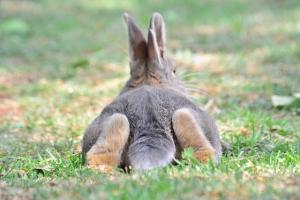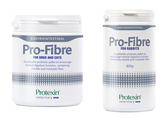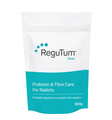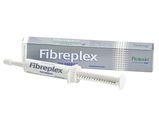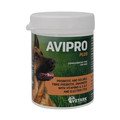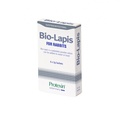The famous saying goes that ‘the eyes are the window to the soul’, but for our pet bunnies it’s actually their poop! You can tell a significant amount about how healthy your rabbit is by keeping an eye on their toilet habits. This may sound slightly crazy but please read to the end of this blog before you make up your mind.
What’s normal?
Rabbit stools should be spherical and hard, dry to the touch, and all of a relatively similar size. Your rabbit will produce a special type of stool called a ‘Caecotroph’ occasionally though which appears similar in appearance to a blackberry (except brown in colour). It will be soft and covered in mucous, you may not even see it as your rabbit will eat this almost immediately after producing it. This is because a Caecotroph is only partially digested and your rabbit can get extra nutrients out of it by eating it again.
What’s abnormal?
Anything straying from the above can be abnormal. Below is a guide as to what each observation could mean:
| Stool description | Possible reason |
|---|---|
| Softer than normal or liquid stools | The time it is taking for food to go through your rabbit is too fast. This can be due to an imbalance in the normal gut flora or an underlying issue (such as stress or infection). |
| Harder than normal stools | This can be a sign of dehydration. Ensure your rabbit has good access to water. |
| Red stools | This means there is blood present in your bunny’s stools. You should see your vet for this. |
| Decreased amount/frequency or smaller than normal stools | This can be an early sign your rabbit is not eating properly or the guts are slowing down. You should see your vet for this. |
How can I restore my rabbit’s faeces back to normal?
Over the counter probiotic fibre pastes such as our own brand ReguTum™ Probiotic & Prebiotic Fibre Paste are great to help your rabbit recover normal intestinal function. ReguTum Probiotic and Fibre Care for Rabbits is a pelleted version with additional fibre which is great for long term or preventative support. These both help restore the normal gut flora and normalise faeces.
It is also really important to ensure your rabbit’s diet is correct, here is a link to our Rabbit feeding guide.
If your rabbit is significantly ill (not eating and lethargic) then we recommend contacting your vet as urgent care may be required.
If you have any specific questions regarding your rabbit then please contact our customer services on [email protected].
Written by: Dr. Nick Garside BVetMed MRCVS
